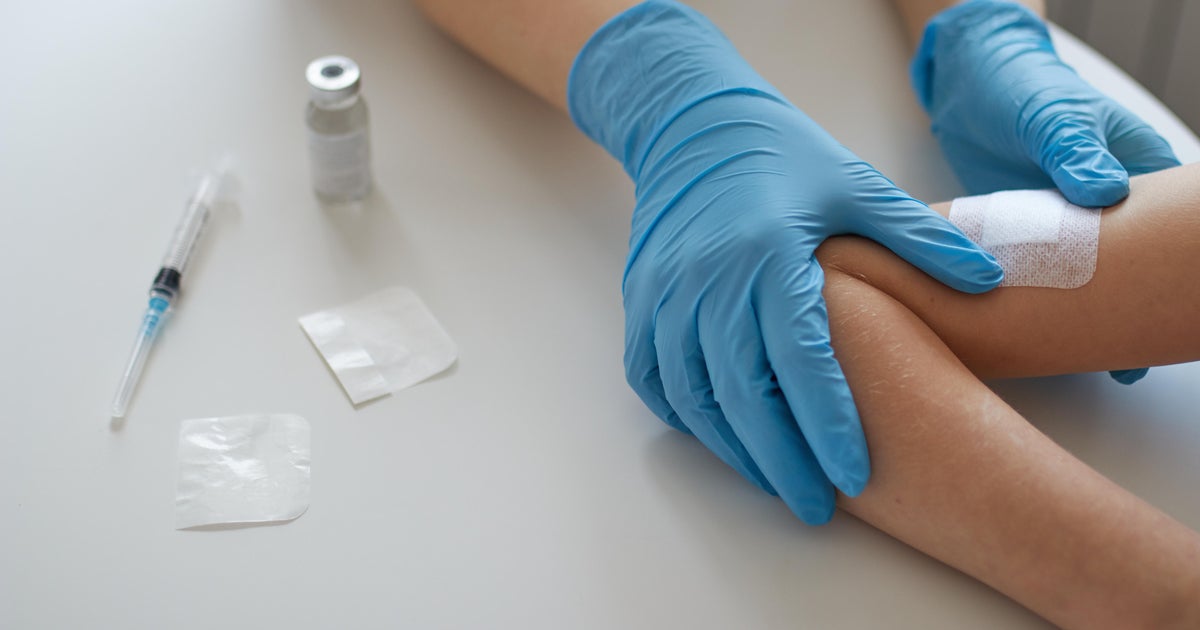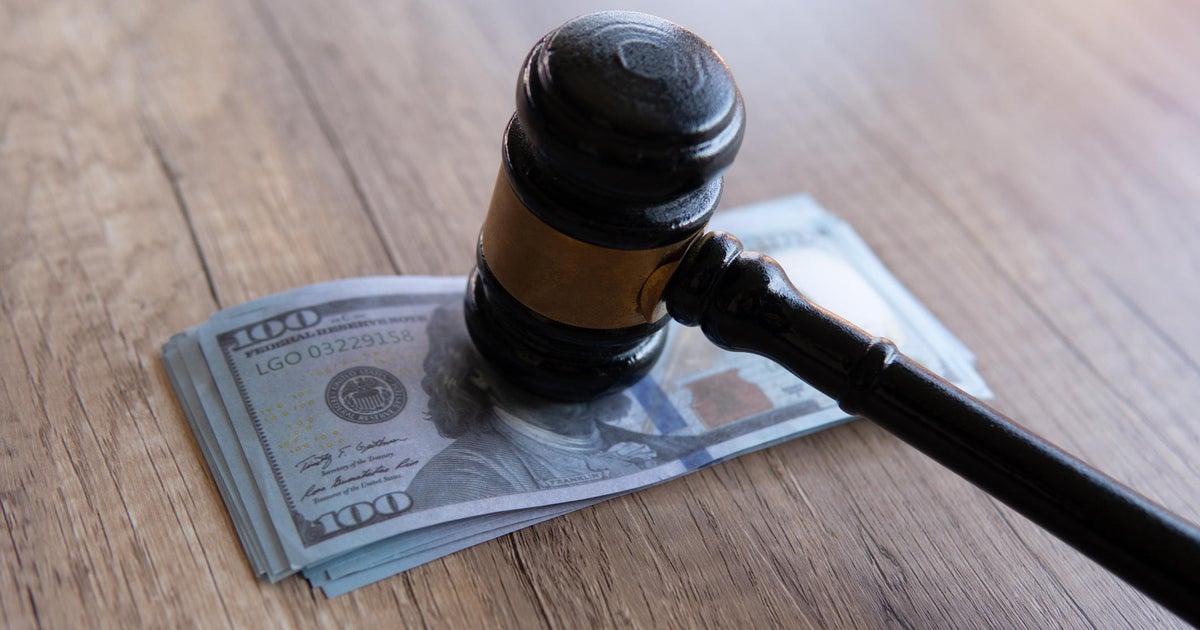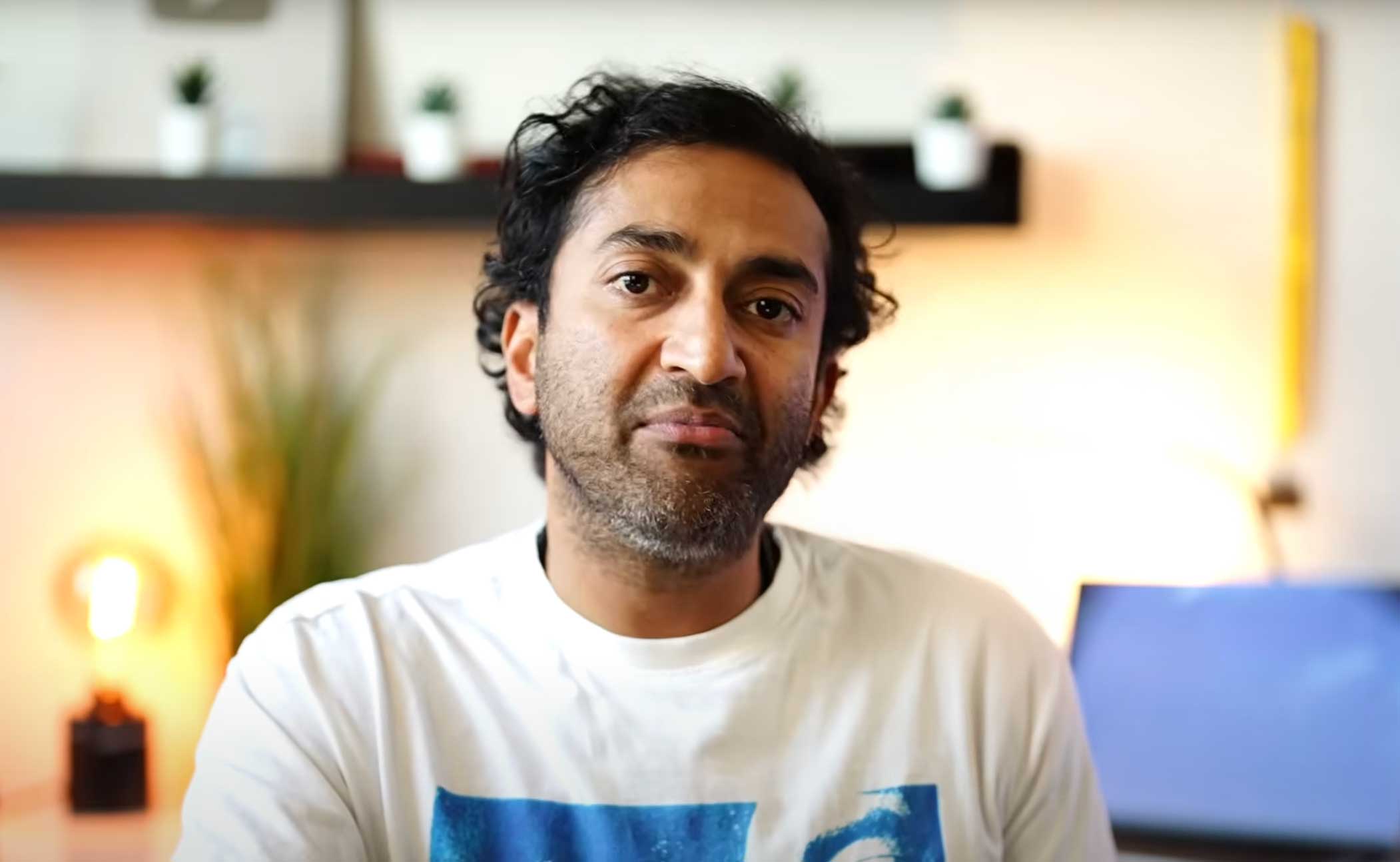Monkey trials show promising COVID-19 vaccine results
Researchers at Beth Israel Deaconess Medical Center in Boston revealed stunning news on Wednesday, after they immunized 25 rhesus monkeys using DNA vaccines.
"We showed that vaccines induce antibodies, and the vaccinated animals are protected either partially or fully," he said. "But we also show that the levels of antibodies correlate with how good the protection is."
Dr. Dan Barouch, the lead author on the study, called the results a breakthrough.
Researchers took the DNA of one of the coronavirus' proteins and inserted it into plasmid DNA vaccines. These vaccines helped the monkeys develop higher levels of antibodies, which lowered the level of the virus following exposure.
Researchers say eight of the monkeys who were exposed to the virus had no detectable trace of it, while the rest had very low levels of it.
When asked if he was optimistic that human trials would yield similar results, Barouch said that "while data from humans will require rigorous clinical trials, these data in an animal model increases our optimism that the development of a vaccine for humans will be possible."
Barouch is unsure, however, how long immunity from the virus will last. These studies did not address that issue, but he called it an "important question."
Editor's note: This article has been updated to clarify that the study was conducted at Beth Israel Deaconess Medical Center, a teaching hospital of Harvard Medical School.






